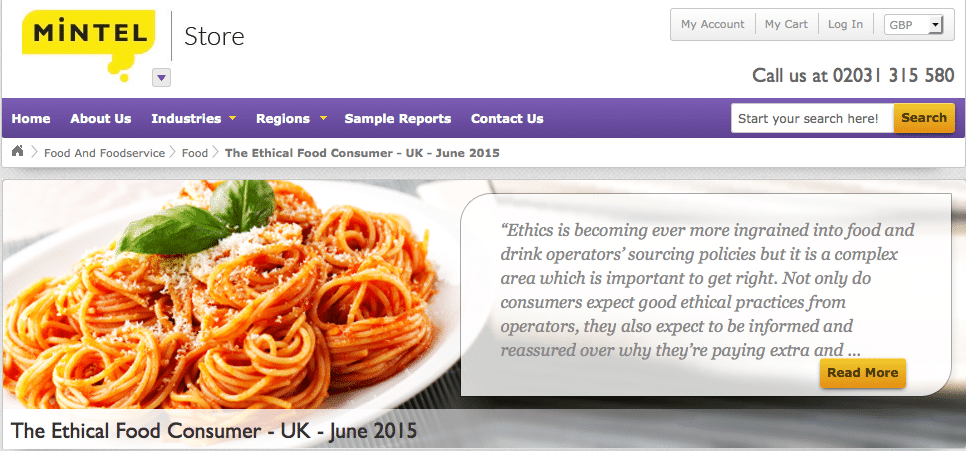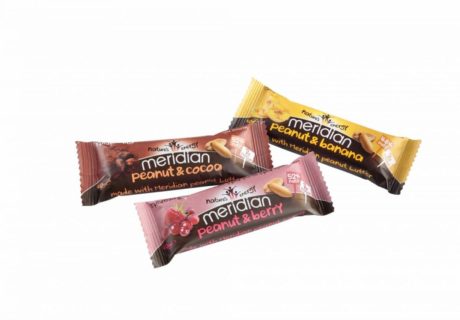New research from Mintel has revealed that when it comes to ethical claims made by food and drink companies, concerns over animal welfare top the list, coming ahead of environmental concerns.
The Ethical Food Consumer UK 2015 report found that 74% of the 1,500 UK consumers polled say that meat coming from animals which are well looked after is among the top issues that make a food company ethical, followed by a company that guarantees the ingredients used in its products are responsibly sourced (60%) and a company that guarantees good worker welfare (57%).
Coming lower down the list are companies that guarantee to improve the environment (42%), guarantee to limit their carbon footprint (32%) and guarantees it has not avoided tax payment (30%).
While 72% of respondents expecting food products to meet adequate ethical standards without having to pay more for them, Mintel found that consumers don’t seem afraid of boycotting brands, with 52% claiming they would stop buying products from a company if they found out it was acting unethically.
“Ethics is becoming ever more ingrained into food and drink operators’ sourcing policies, but it is a complex area which is important to get right,” commented Richard Ford, senior food analyst at Mintel. “That so many consumers would stop buying from a company acting unethically highlights that operators must ensure their operating standards are not just legally, but also ethically robust, or risk boycotts and reputational damage. Social media means that any accusation of unethical practice can spread fast.”
However, the research did uncover some limitations for consumers when it comes to purchasing ethical food products. 52% say they would only pay more for ethical products if they understood clearly where the extra money went and 52% say they find information about which foods are ethical confusing.
“Not only do consumers expect good ethical practices from operators, they also expect to be informed and reassured over why they’re paying extra and where the money is going. Cost remains a key barrier for many buying into ethical food and drink products,” commented Ford.
Consumers are also interested in the Fairtrade Mark being extended to British ingredients, with 32% of those in the study believing that food products from British farmers and producers should be allowed to carry the Fairtrade Mark.





